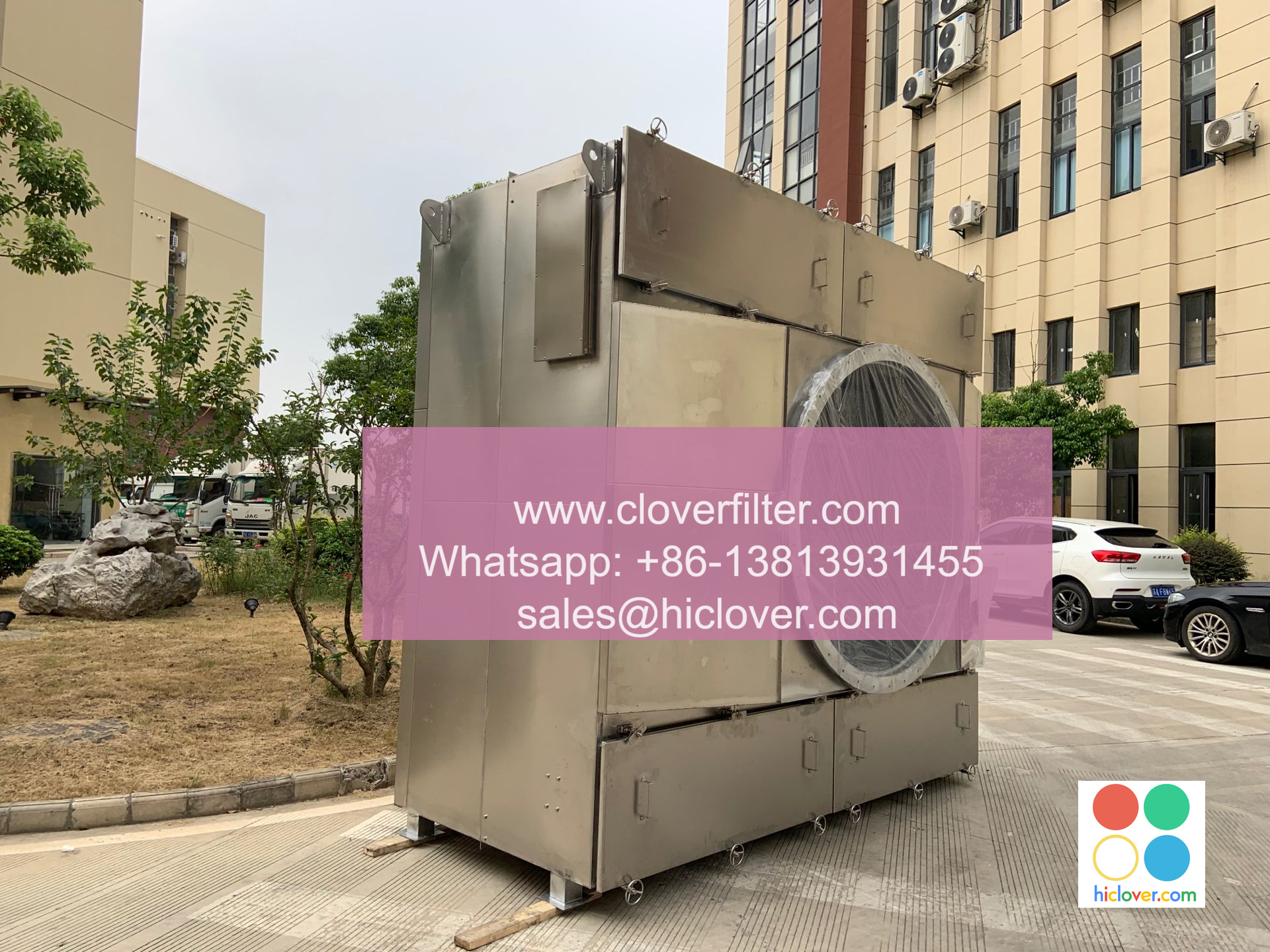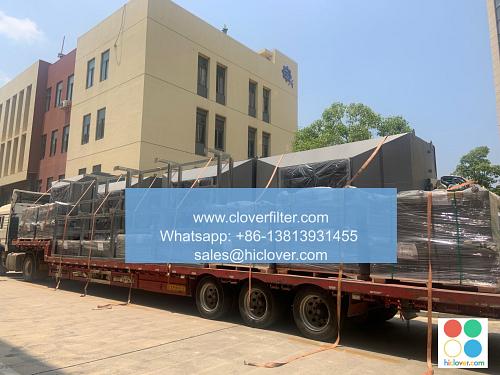The Pros and Cons of Using a HEPA-14 Air Filter

Introduction to HEPA-14 Air Filters
HEPA-14 air filters are a type of high-efficiency particulate air filter that can capture 99.997% of particles as small as 0.1 microns, including dust, pollen, pet dander, mold, and other airborne allergens and pollutants. These filters are commonly used in indoor air quality improvement systems, air purifiers, and heating, ventilation, and air conditioning (HVAC) systems. In this article, we will discuss the pros and cons of using a HEPA-14 air filter, highlighting its various application areas, including residential air purification, commercial air cleaning, and industrial air filtration.
Pros of Using a HEPA-14 Air Filter
The advantages of using a HEPA-14 air filter are numerous. Some of the key benefits include:
* Improved indoor air quality: HEPA-14 air filters can effectively remove airborne pollutants, allergens, and particles, creating a healthier indoor environment.
* Relief from allergies and asthma: By capturing 99.997% of particles, including dust, pollen, and pet dander, HEPA-14 air filters can help alleviate allergy and asthma symptoms.
* Reduced odors and gases: Some HEPA-14 air filters are designed with activated carbon or other odor-reducing technologies, which can help eliminate unpleasant smells and gases.
* Long-lasting and durable: HEPA-14 air filters are designed to last longer than standard air filters, with some lasting up to 2-5 years, depending on usage and maintenance.
Cons of Using a HEPA-14 Air Filter
While HEPA-14 air filters offer many benefits, there are also some drawbacks to consider:
* Higher cost: HEPA-14 air filters are generally more expensive than standard air filters, which can be a significant investment for some homeowners or businesses.
* Increased energy consumption: The high efficiency of HEPA-14 air filters can sometimes lead to increased energy consumption, as the system works harder to push air through the dense filter media.
* Regular maintenance required: To ensure optimal performance, HEPA-14 air filters require regular cleaning and replacement, which can be time-consuming and costly.
* Not effective against all pollutants: While HEPA-14 air filters are highly effective against particles, they may not be as effective against gases, chemicals, or other airborne pollutants.
Application Areas for HEPA-14 Air Filters
HEPA-14 air filters have a wide range of applications, including:
* Residential air purification: HEPA-14 air filters are ideal for homeowners who want to improve indoor air quality, reduce allergy and asthma symptoms, and create a healthier living environment.
* Commercial air cleaning: HEPA-14 air filters are commonly used in offices, restaurants, and other commercial spaces to improve indoor air quality, reduce odors, and increase customer comfort.
* Industrial air filtration: HEPA-14 air filters are used in various industrial applications, including cleanrooms, pharmaceutical manufacturing, and food processing, to ensure high-quality air and minimize contamination risks.
* Hospital and healthcare applications: HEPA-14 air filters are used in hospitals, clinics, and other healthcare facilities to create a sterile environment, reduce the risk of infection, and improve patient outcomes.
Conclusion
In conclusion, HEPA-14 air filters offer many benefits, including improved indoor air quality, relief from allergies and asthma, and reduced odors and gases. However, they also have some drawbacks, such as higher cost, increased energy consumption, and regular maintenance requirements. By understanding the pros and cons of using a HEPA-14 air filter, homeowners, businesses, and industries can make informed decisions about their air filtration needs and create a healthier, more comfortable indoor environment. Prompt

